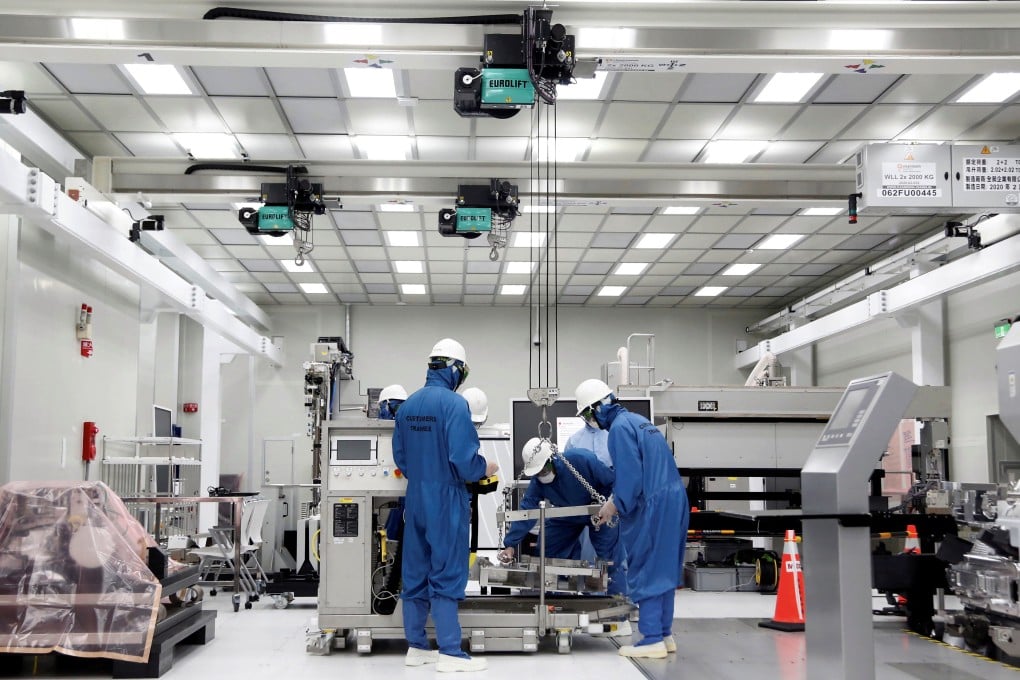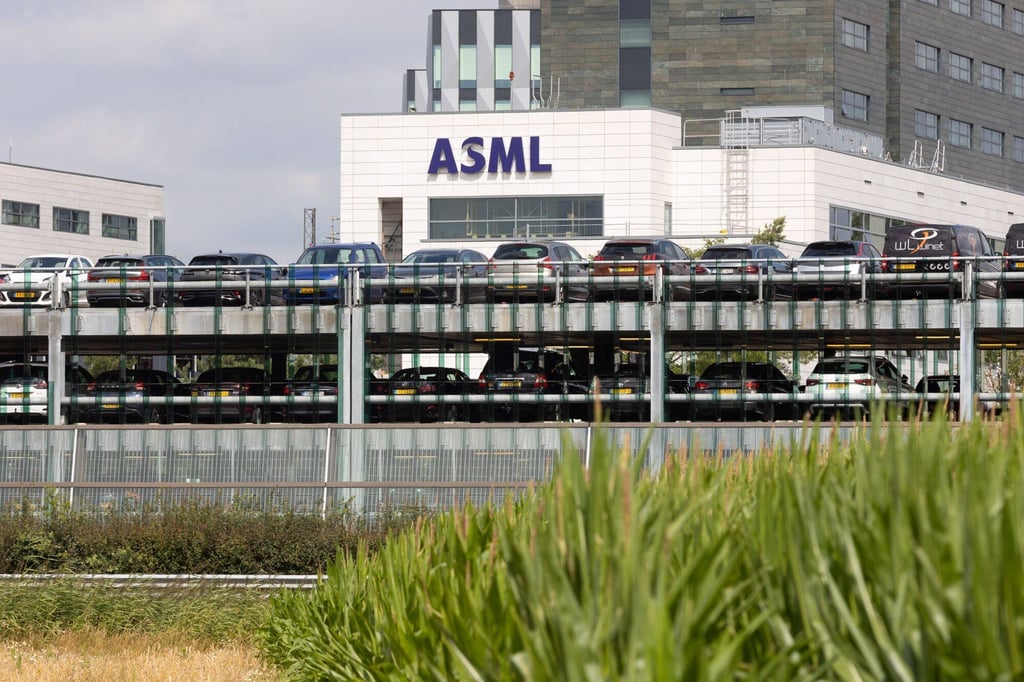China hit hard by new Dutch export controls on ASML chip-making equipment
New restrictions announced by the Netherlands affect machines used by many semiconductor plants in China

Mainland semiconductor factories could face significant production challenges, as the Netherlands bans Dutch chip tool giant ASML Holding from servicing some of its most reliable equipment in China, according to industry insiders.
Earlier this month, Dutch foreign trade and development minister Reinette Klever announced a change to the country’s export controls, requiring ASML to apply for licences to sell its 1970i and 1980i immersion deep ultraviolet (DUV) machines to China-based customers.
In addition, ASML is required to apply for a licence to service, as well as provide spare parts and software updates, for immersion lithography systems previously sold to Chinese customers that have since come under restriction, according to a Reuters report, citing a Dutch government statement.

ASML, which holds a virtual monopoly in the world’s most advanced chip-making tools, said in a statement that the rule change was “technical” and not expected to have any impact on its financial outlook for this year. It declined to comment on the servicing of newly restricted equipment in China when reached by the Post.
Maintenance service is crucial to maintaining good production yields at foundries. Service engineers are required to stand by 24/7 in case of machine failure. In China, the 1980i has become a workhorse for many semiconductor plants due to its versatility, which enables it to cover various manufacturing nodes, according to semiconductor professionals with experience in mainland foundries.
